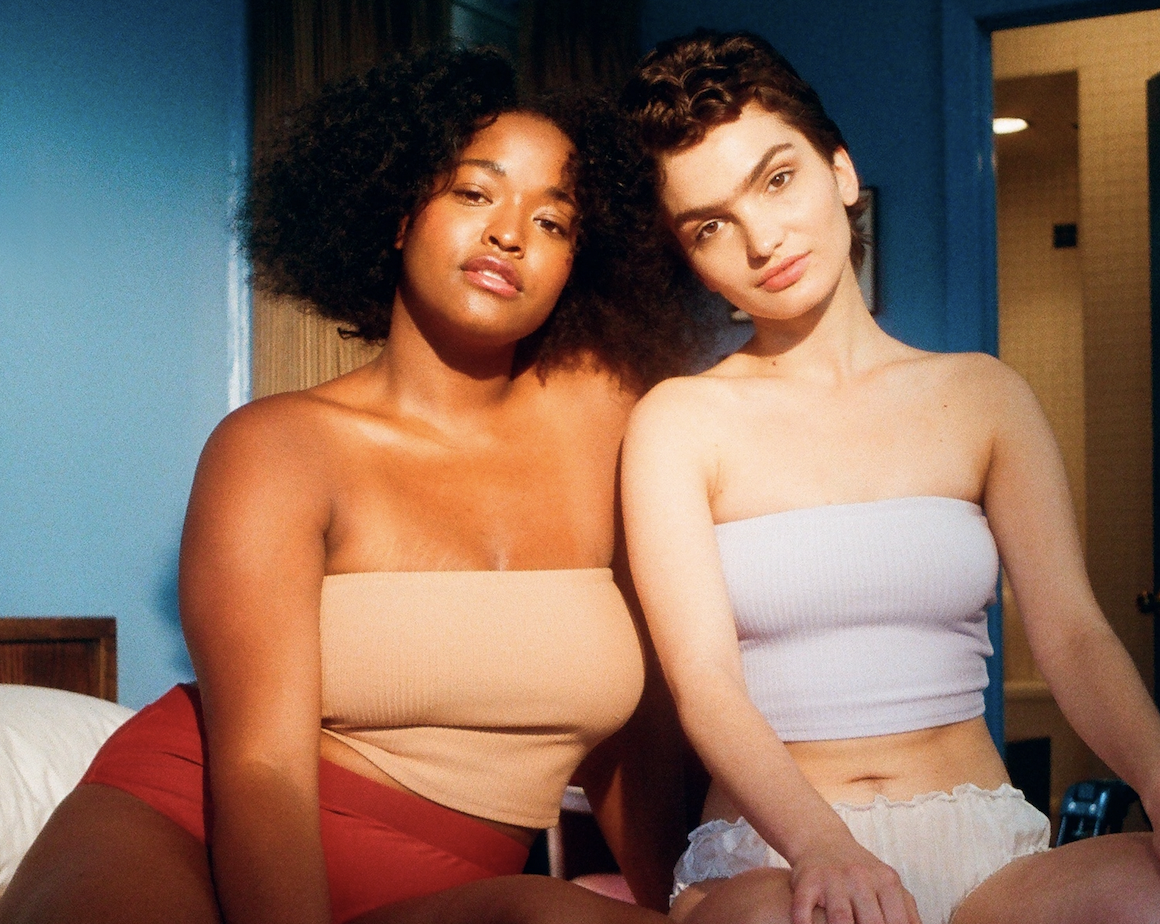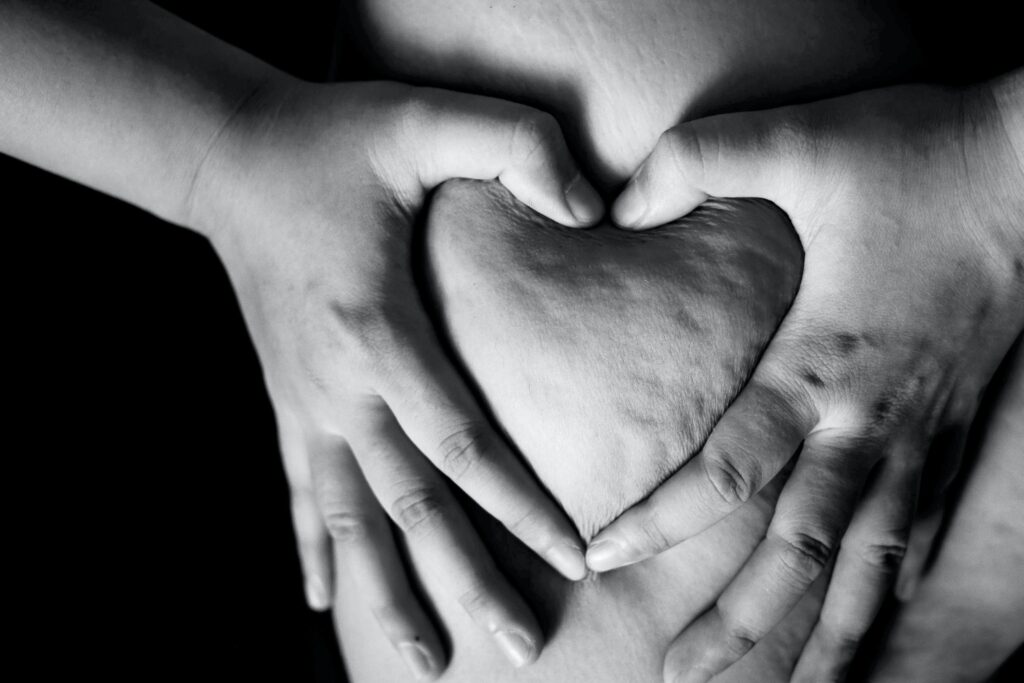
The secret to building a positive body image is…
The secret to building a positive body image is…
…not ‘fixing’ your body!
We’re approaching that time of the year where goals are set to lose weight or change our body in some way. And whilst improving health (both physical and mental) can be a great way to enter a new year, overly focusing on changing your body can lead to negative thoughts about the way that you look such as criticising specific parts of your body and comparing yourself to others. If you’ve ever fallen into this trap, keep on reading!
Body image refers to the thoughts and feelings we have about how we look. Our body image is influenced by the messages we hear in society like beauty ideals, as well as from others around us. If we hear our role models talk about their appearance in a negative way for example, this becomes normalised, and we may start to talk to ourselves in this way too.
Positive body image, according to research, involves normalising normal bodies, accepting our bodies without needing to change them, and challenging unhelpful messages. This differs from some of the body positivity messages we see online that tell us to ‘just love ourselves and our bodies’. Usually, it’s not quite as simple as that!
Here’s our 5-step guide to building a positive body image:
1. Normalise normal bodies
Did you know that 95% of the population don’t meet the beauty standards set by our society? Which means that a range of different body sizes and shapes is the norm rather than a set criteria for both women and men that we see a lot of on social media platforms due to influencers and photo editing. Having cellulite, stretch marks, and wobbly bits is normal and when we see more of this it doesn’t feel so scary anymore.
2. Respect your body
Your body is a vehicle that drives you through life! Without it, we don’t get to experience this life and so it deserves a great deal of respect. Think about the way in which you talk to yourself and your body, if this was someone else would you still say the same things? Self-critical talk can be damaging to our confidence and self-esteem, so if it doesn’t feel authentic to preach self-love right now then start with respect for your body. An example of this sounds like I respect my body for all that it can do for me.
3. Accept your body
Part of having a positive body image means accepting your body as it is, without needing to change it. Without saying to yourself ‘I’ll be happy with my body when…’ because this mindset keeps us stuck in diet culture and overly focusing on our bodies. It’s also possible to accept our body as it is and want to improve our overall health at the same time. And when we come from a place of compassion and acceptance, it’s usually easier to make long-term improvements to our wellbeing because those feelings of shame and low self-worth aren’t present. Always remember though, you are more than a body!
Confidence Coach Victoria Niamh talks openly about how trying to chase the ‘perfect body’ almost destroyed her in this podcast episode. Check it out.
4. Appreciate your body
Expressing gratitude and appreciation acts as a gateway for other positive emotions. Body appreciation involves identifying what you appreciate about your body in terms of what it can do for you and what you like about it. Try to list 3 things each day for a week and see how you feel at the end of it. Get specific with it too, for example I feel grateful for my eyes because they allow me to see different parts of the world.
5. Challenge unrealistic beauty ideals
Actively challenging the pressure of beauty ideals helps us to recognise how harmful they can be and understand that body image struggles are not our fault. Beauty ideals change over time, and if we consider the likes of Marilyn Monroe, Bella Hadid, and The Kardashians we can see that this is true. To keep up with beauty ideals would involve constantly changing your body – how exhausting does that sound! We also see beauty ideals in TV shows and movies – likeable characters are typically in smaller bodies and disliked characters are often in larger bodies or seen to be ‘unattractive’. Even cartoon characters are portrayed with big eyes, small noses, and small waists. All of these contribute towards us not feeling good enough and so together we need to challenge the subtle messages we’ve grown up with over the years. You’re allowed to feel angry!
At Talk Twenties, we encourage you to bring in the new year with acceptance, respect, and appreciation for yourself, your body, and all that it can do for you! Your body is an instrument, not an ornament.


